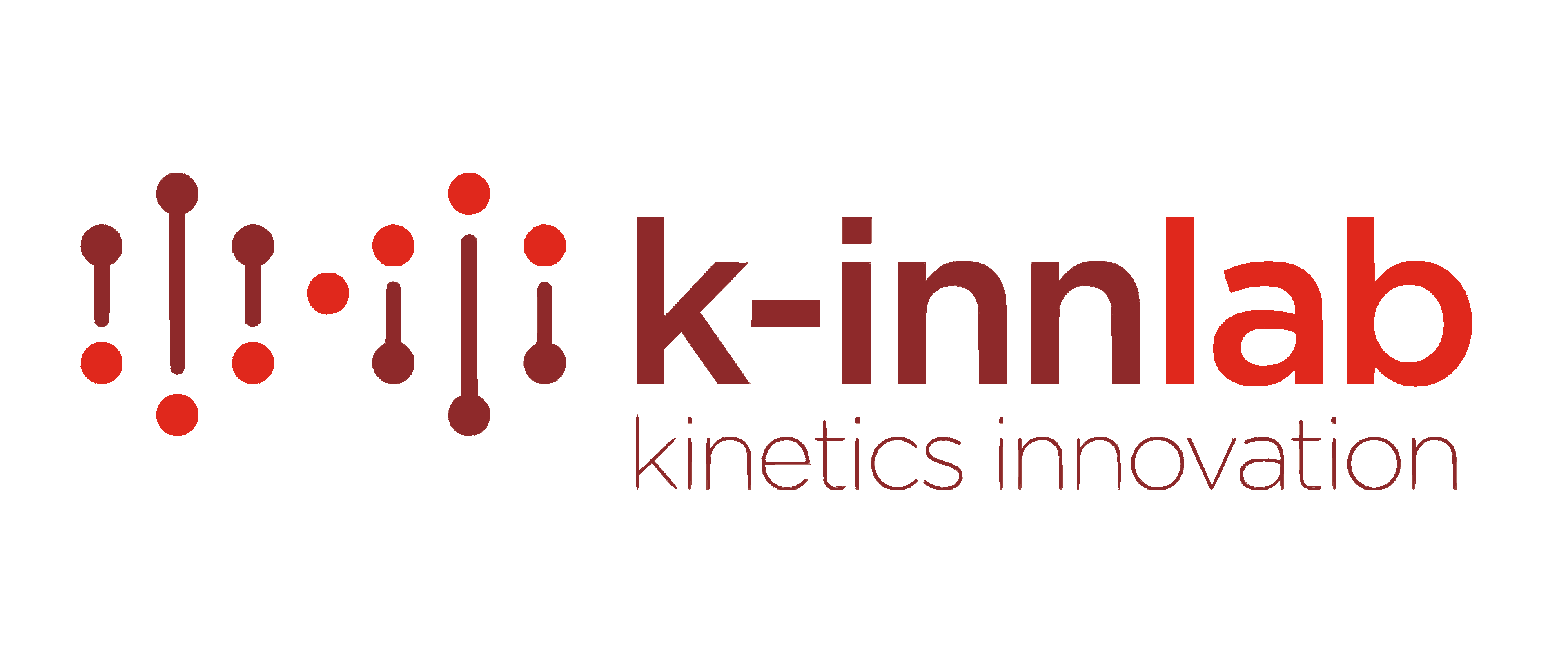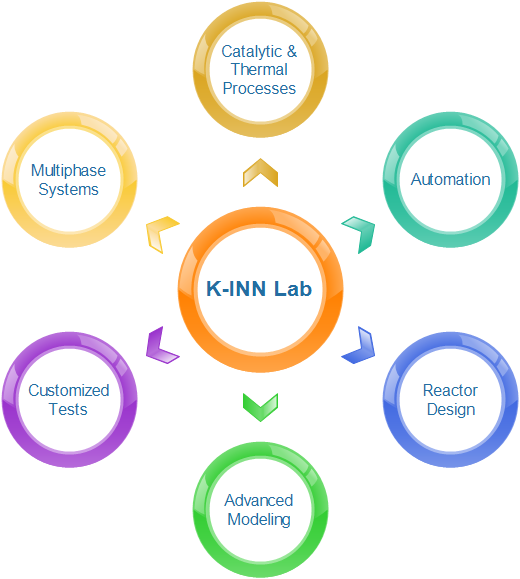
Our laboratory is the key to our activities. It is divided into sections dedicated to different activities (catalysis, energy recovery, etc.), and all are controlled by a series of workstations.
Automation is one of our points of strength: all variables of an experiment, from the gas flowrates to the reactor pressure and temperature to the analysis of the products composition, are controlled and monitored by a series of programs and scripts, most of which have been written by us.
This approach gives us a complete overview of the conditions in real time for each experiment, and allows for a more accurate and faster post-processing of data. Also, the automatized protocols allow for long experiments (several days), i.e. for catalysts aging or cycled testing.
Our laboratory is equipped with more than a dozen synthetic gases and with several flowmeters that allow for a wide range of flowrates (from 0.5 Nml/min up to 50 Nl/min). We usually work with reactant mixtures, including particularly complex ones, comprised of up to 15 components (for example, to simulate the exhaust from an internal combustion engine). Similarly, feeding liquids can be done in an extensive range of flowrates and tecniques (HPLC pump, syringe pump, liquid flowmeter); they can be fed in liquid or in vapor phase, with ad hoc designed evaporators or bubblers.
Gas mixtures (reagents and products) are qualified and quantified online through different analytical techniques (see here for a list of our equipment), allowing us for a great flexibility and accuracy in the composition measurements, selecting the best type of instrument for the task at hand, and cross-referencing data between different machines.
Another key-activity of our research group is the reactor design. We designed and built most of our experimental rigs in order to address the specific objectives of an experiment, tailoring our setups to highlight the chemical and physical phenomena we are investigating. This expertise is what allows us to successfully cover very different research topics, and gives us the mindset and skills to always tackle new challenges.
